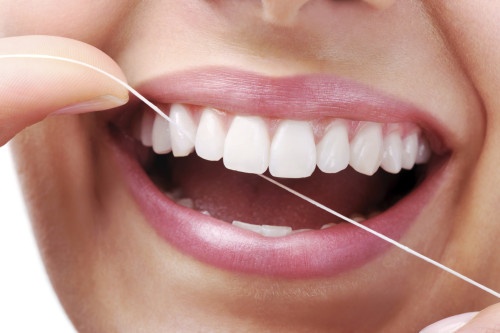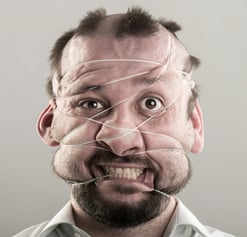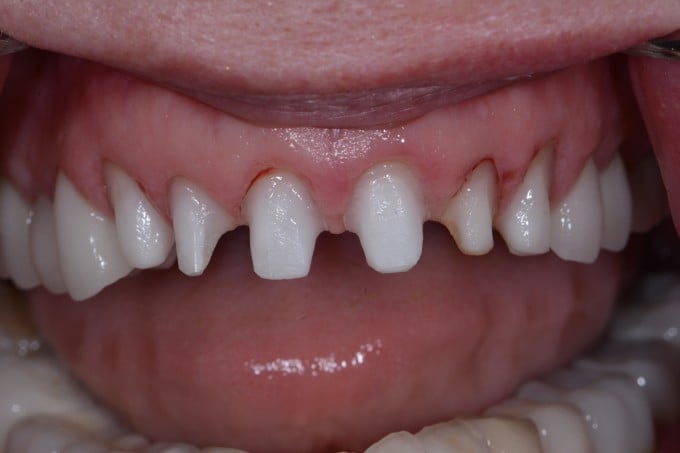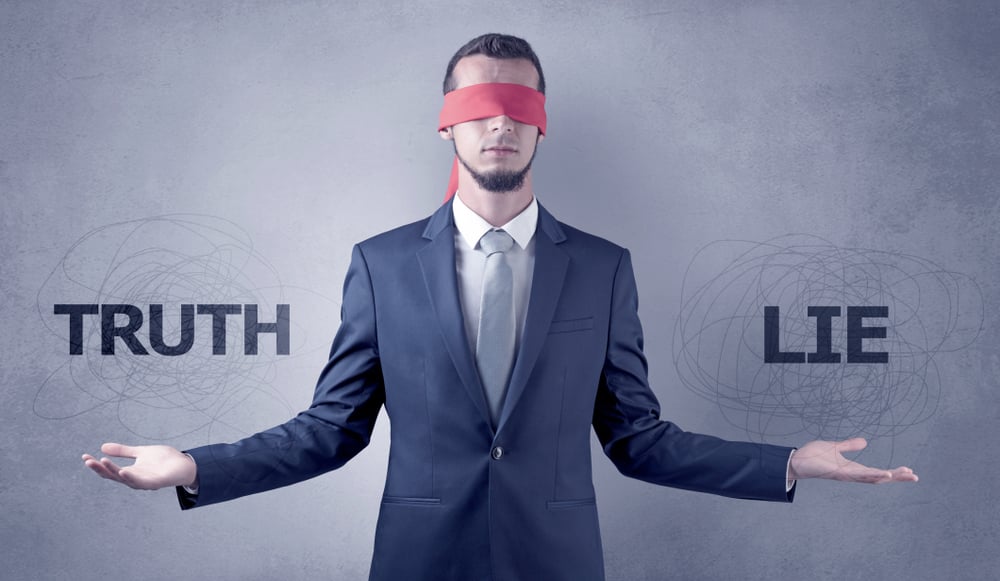DENTISTRY FOR CHILDREN: Preventing Dental Problems in Children
Everything you need to know to prevent dental problems in children in one place! At every stage of a child’s life there are things that you can do...
2 min read
Dr. Joanne Baldos and Dr. Adam Szymczak : Feb 17, 2018 6:40:54 PM

1) No Need to Floss Anymore, Replace Your Floss with a Rinse!
OR
2) Brush and Floss to Keep Dental Problems Away
Which headline would you click on 1 or 2? If you are honest with yourself then of course you would click on 1 and you would completely ignore 2. We want to make things more convenient for ourselves so we choose headline 1. Headline 2 is “old news.”
Is that how we SHOULD choose our information because it sounds like what we want to hear or should we instead search for the truth?
About two years ago “no need to floss news” went viral. As a result we had about a hundred patients, friends and family members ask us about flossing. This viral news started with journalists accurately reporting that there is no proof that flossing has a benefit. Vast majority of people do not floss, so it was “music to the ears” and the message gets passed on.
The journalists reporting this news, like most people, have a misconception of what clinical practice of medicine and dentistry is based on: best available information NOT necessarily scientific proof. Many clinical practices and recommendations are “controversial” and without proof! This is why we have medical and dental schools, journals and conferences so we can debate and clarify clinical practice. There is a GAP between scientific proof and clinical practice, many clinical practices and recommendations are not black and white!
Is there proof that we should bathe regularly? Is there proof that we should wash our arm pits?
Adding to the viral effect of “no need to floss news” is the fact that the U.S. federal government dropped the recommendation for regular flossing as expressed in the Dietary Guidelines for Americans. By law, the guidelines must be based on scientific evidence. This action was due to the fact that the existing research does not meet current standards for "proof" of benefit, it does not mean that there is no benefit.
Flossing research, like most research on clinical practice and recommendations, is challenging to interpret. There are many factors that influence oral health. Many flossing studies are short-term, covering less than six months, however the two ailments that can lead to tooth loss: periodontitis and dental decay take at least 6 months to develop so how flossing may help with these problems is unknown.
So how do you navigate through the flossing confusion?
What is the bottom line? To Floss or Not to Floss?
Flossing is about cleaning the areas where a toothbrush can not reach: between teeth AND BELOW THE GUM LINE. It is more important and more beneficial that you use floss to clean below the gum than just between the teeth. FLOSSING IS NOT ONLY ABOUT CLEANING BETWEEN THE TEETH!
Food that’s left between the teeth in combination with naturally occurring bacteria cause gum disease and tooth decay. Flossing is the only way to remove the food and control the bacterial levels in between the teeth and below the gum where a toothbrush can’t get.
However, if you are NOT flossing properly you are wasting your time! You need to get the floss to hug the tooth and go into the space between the gum and the tooth. If you are not 100% sure what this means then you are not flossing your teeth properly. Like with most things: it is not what you use, but how you use it that makes all the difference.

The long-term benefits of flossing are unproven, however, flossing is inexpensive and low-risk and based on best available information you will prevent gum disease and tooth decay.
Would you take a shower and not clean your armpits? That’s like brushing, but not flossing!
There is a greater lesson here.
"A lie gets halfway around the world before the truth has a chance to get its pants on." - Winston Churchill
So which headline will you choose? Eat What you Want and Still Lose Weight or Eat Healthier and Exercise to Lose Weight…
“Old habits are hard to break, but not impossible!” - Pearl Cleage
In the best interest of your health and well-being,
Dr. Joanne Baldos and Dr. Adam Szymczak

Everything you need to know to prevent dental problems in children in one place! At every stage of a child’s life there are things that you can do...

Unnecessary dental procedures are by far the most common and most costly of all dental scams. Any person who learns how to avoid unnecessary dental...

How much does it cost to remove wisdom teeth? A single wisdom tooth removal costs range from $193 to $597, depending on how impacted the tooth is....